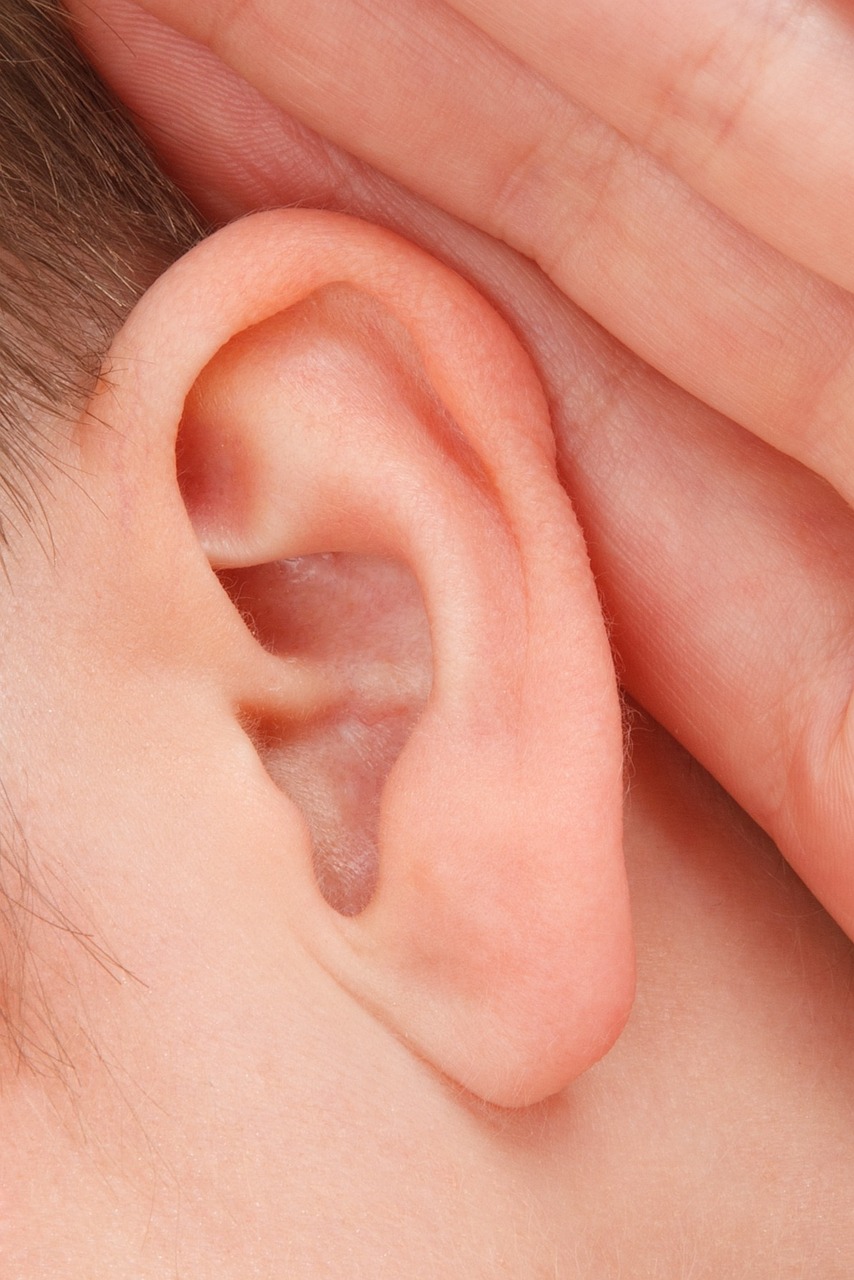
What is otitis externa?
Otitis externa is the term used by health care professionals to describe redness and swelling (or inflammation) of the external canal of the ear. It is very common affecting around 1% of the population each year and is most frequently seen in children aged between 7 and 12. However, the condition affects all age groups. It can be classed as acute, meaning that it has lasted for 3 weeks or less, or chronic, meaning that it has lasted longer than 3 month.
What does it feel like?
Inflammation of the external canal of the ear tends to give rise to the following symptoms
- Itch of the external canal of the ear.
- Pain at the external canal, which can spread around the ear and to the face.
- Discharge or liquid from the external canal. This can be clear of coloured.
- Hearing loss in the affected ear.
- The external canal can look red and swollen.
How did I get it?
Infection of the lining of the external canal of the ear is the commonest cause of otitis externa. This is frequently seen in swimmers, those who use cotton buds to clean their ears and those who wear hearing aids. You might hear of the condition being referred to as “swimmers ear”. We often see it presenting after a holiday where a lot of time has been spent in a swimming pool. The infective version of this condition can often be seen in those who have other medical problems that impair the immune system or take medicines that impair the immune system.
It’s important to remember that otitis externa isn’t always an infection, but might simply be inflammation second to irritated skin such as in those with eczema or psoriasis.
How long will it last?
That really depends upon the cause of the otitis externa.
If your otitis externa is caused by an infection, a short course of antibiotics will usually clear it up within 2-3 days.
If however, your condition is chronic (meaning long lasting) and is caused by a longstanding illness such as psoriasis, it may never clear fully until the underlying illness is better controlled.
Do I need any treatment?
When we speak to your about your condition, we are trying to understand the original cause of it so that we can treat that as well as the symptoms that you have.
If we think that the condition is caused by an infection you might need antibiotics. This can often by given as a spray or drops to put in the ear. Sometimes we might need to refer you for a special plug to be placed in the ear canal called a wick or for the discharge to be suctioned out.
How can I help?
Paracetamol and ibuprofen often help to ease the discomfort caused by the swelling. It also helps to keep the ears clean and dry and to minimise trauma to them. So avoiding swimming and the use of cotton buds or ear plugs is useful.
Is this dangerous?
On the whole, no.
Otitis externa is usually an unpleasant but minor condition that goes away quite nicely with simple treatment. However, in rare cases where there is a localised infection sometimes this can spread to other parts of the body causing a much more serious infections. This is more common in those with poor immune systems or in poorly controlled diabetes. In these circumstances you are usually quite unwell with high temperatures, pain, dizziness and confusion. This is called malignant otitis externa which requires urgent medical help.
